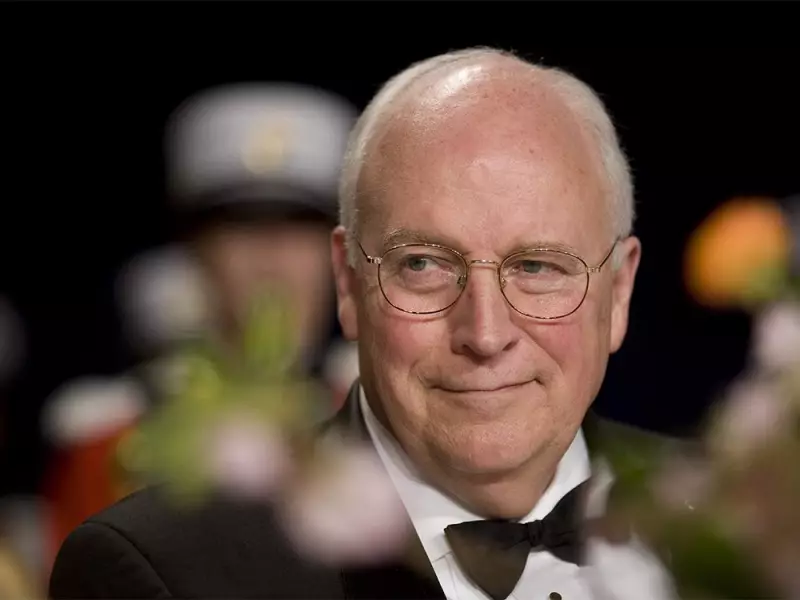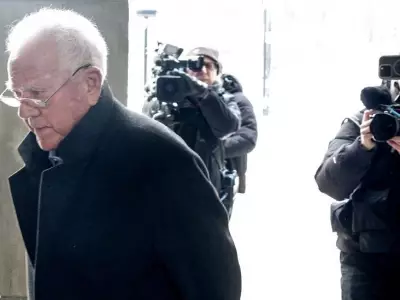
The passing of Richard B. "Dick" Cheney on November 3 at age 84 represents the penultimate chapter closing on a political generation that dominated American and global affairs across multiple administrations from Richard Nixon through the first decade of the 21st century.
Rise Through Republican Ranks
Cheney began his Washington career in his late twenties, taking mid-level positions in the Nixon administration under the mentorship of Donald Rumsfeld. When Rumsfeld became Gerald Ford's chief of staff following Nixon's resignation, Cheney continued his ascent. In a remarkable leap, the 34-year-old Cheney succeeded Rumsfeld as White House chief of staff in October 1975 when his mentor moved to the Pentagon as defense secretary.
This period cultivated figures who would shape Republican politics for generations. Among them were George Shultz, who served as Nixon's labor and treasury secretary before becoming Reagan's secretary of state; George H.W. Bush as CIA director; James A. Baker III, who chaired Ford's 1976 campaign and later managed Reagan's 1980 victory before serving both presidents in key roles.
From Congress to the Cabinet
After Ford's 1976 election defeat, Cheney returned to Wyoming and won a congressional seat, quickly rising through Republican House leadership ranks and positioning himself as a future Speaker of the House. Instead, President George H.W. Bush appointed him defense secretary in 1989, placing him at the center of world-changing events including the conclusion of the Cold War and the Gulf War following Iraq's invasion of Kuwait.
Cheney's quarter-century of experience in presidential inner circles made him the obvious choice to lead George W. Bush's vice-presidential search committee in 2000. In an unexpected turn, the seeker became the found, with Cheney accepting the vice-presidential nomination himself.
The Most Powerful Vice-President
Dick Cheney transformed the vice-presidency into what historians recognize as the most powerful in American history. His unique position stemmed from his lack of presidential ambition - unlike nearly every vice-president since 1945, Cheney never sought the Oval Office for himself.
This freedom from future political calculations allowed Cheney to pursue his agenda aggressively, particularly after the September 11 attacks. He championed expansive executive power through both legislative means like the PATRIOT Act and assertive presidential authority. Abroad, he led the charge for wars in Afghanistan and Iraq, while domestically he oversaw a massive extension of surveillance capabilities.
Now, with Cheney's passing, only James Baker remains from that influential cohort of Republican leaders. At 95 years old, Baker's eventual death will mark the ultimate conclusion of this defining political era that shaped America's role in the world for nearly half a century.






